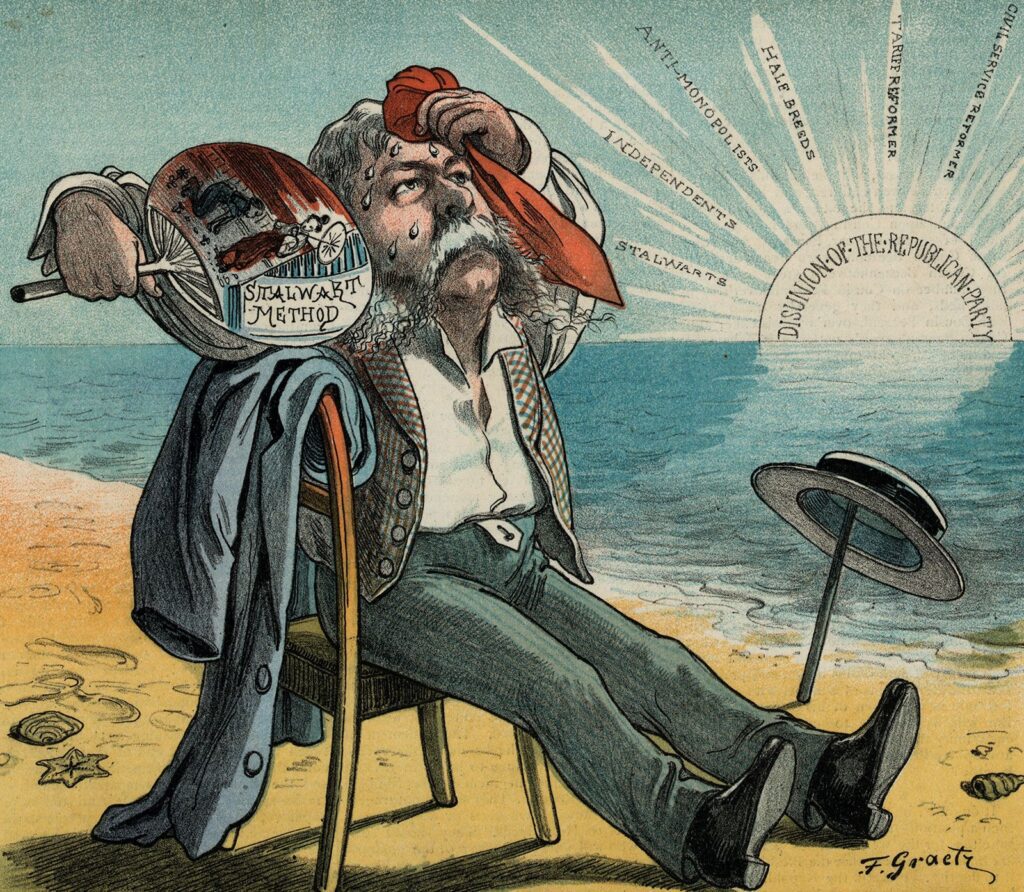The content discusses the Just War Theory and its relevance and application in the 21st century. The Just War Theory provides ethical principles for determining the moral justification for going to war and the conduct of war. It has evolved over centuries and consists of two main branches: jus ad bellum and jus in bello. However, the changing nature of warfare and the complexities of modern conflicts pose challenges to the application of the theory. The rise of non-state actors, cyber warfare, and technological advancements require a critical analysis and adaptation of the Just War Theory. The content also emphasizes the need for a Just Peace Theory to address post-conflict peacebuilding. Overall, the ongoing evolution of the Just War Theory can contribute to more ethical approaches to conflict resolution and peacebuilding in the 21st century.
The Just War Theory: A Critical Analysis of its Relevance and Application in the 21st Century
Introduction
The Just War Theory is a set of ethical principles that aim to provide guidelines for determining the moral justification for going to war and the conduct of war. It has been a significant framework used by philosophers, theologians, and policymakers to assess the ethical implications of armed conflicts. However, given the changing nature of warfare and the complexities of modern conflicts, it is crucial to critically examine the relevance and application of the Just War Theory in the 21st century.
The Historical Context and Development of the Just War Theory
The Just War Theory has its roots in ancient philosophy and religious doctrines. It evolved over centuries, with contributions from prominent thinkers such as Cicero, St. Augustine, and Thomas Aquinas. These thinkers sought to reconcile military actions with moral and legal principles, addressing when and under what circumstances war could be justified.
The Principles of the Just War Theory
The Just War Theory consists of two main branches: jus ad bellum (right to wage war) and jus in bello (right conduct in war). Jus ad bellum outlines the conditions that must be met for a war to be considered morally just, including the presence of a just cause, a legitimate authority, reasonable chance of success, proportionality, and a last resort. Jus in bello governs the moral conduct during war, emphasizing principles such as proportionality, discrimination, and the prohibition of targeting non-combatants.
Relevance of the Just War Theory in the 21st Century
With the rise of non-state actors, cyber warfare, and increasing global interdependencies, the traditional state-centric nature of the Just War Theory poses challenges for its application in contemporary conflicts. The criteria of a legitimate authority and just cause become blurred when dealing with non-state actors or multinational organizations. Additionally, the principle of proportionality becomes complex due to asymmetrical warfare and the potential for disproportionate casualties.
The Gray Zone: Hybrid Warfare and Ethical Dilemmas
The 21st century has witnessed an increase in unconventional warfare, such as hybrid warfare, cyberattacks, and terrorism. The emergence of these tactics blurs the lines of traditional warfare and raises ethical dilemmas for the Just War Theory. Determining how to respond to cyberattacks, for example, requires reevaluating the principles of jus ad bellum and jus in bello to ensure a proportional and just response without escalating the conflict further.
Technological Advancements and Moral Challenges
The rapid advancements in technology, particularly in the areas of autonomous weapons and artificial intelligence, pose significant moral challenges for the Just War Theory. The development of weapons that can operate independently and make decisions raises questions about accountability, discrimination, and the human control of warfare. The Just War Theory must adapt to address these emerging ethical dilemmas and provide appropriate guidance to policymakers and military leaders.
The Need for a Just Peace Theory
While the Just War Theory primarily focuses on the justification and conduct of war, the 21st century necessitates the development of a Just Peace Theory. As conflicts become more protracted and complex, post-conflict peacebuilding and reconciliation become vital aspects of achieving lasting peace. A Just Peace Theory would provide guidelines for addressing the root causes of conflicts, promoting social justice, and ensuring a sustainable and inclusive peace.
Conclusion
In conclusion, the Just War Theory remains a relevant framework for assessing the ethical implications of armed conflicts. However, its application and interpretation must be critically analyzed and adapted to address the complexities of the 21st-century warfare, including non-state actors, hybrid warfare, technological advancements, and the pursuit of a just peace. The ongoing evolution and adaptation of the Just War Theory can contribute to the development of more ethical and responsible approaches to modern conflict resolution and peacebuilding.
